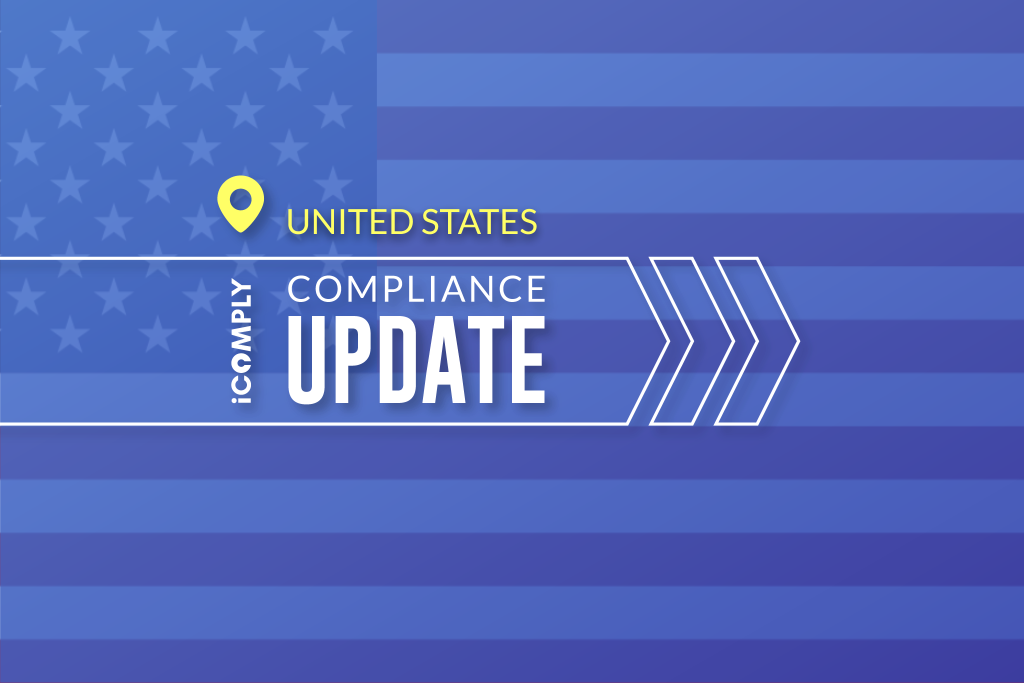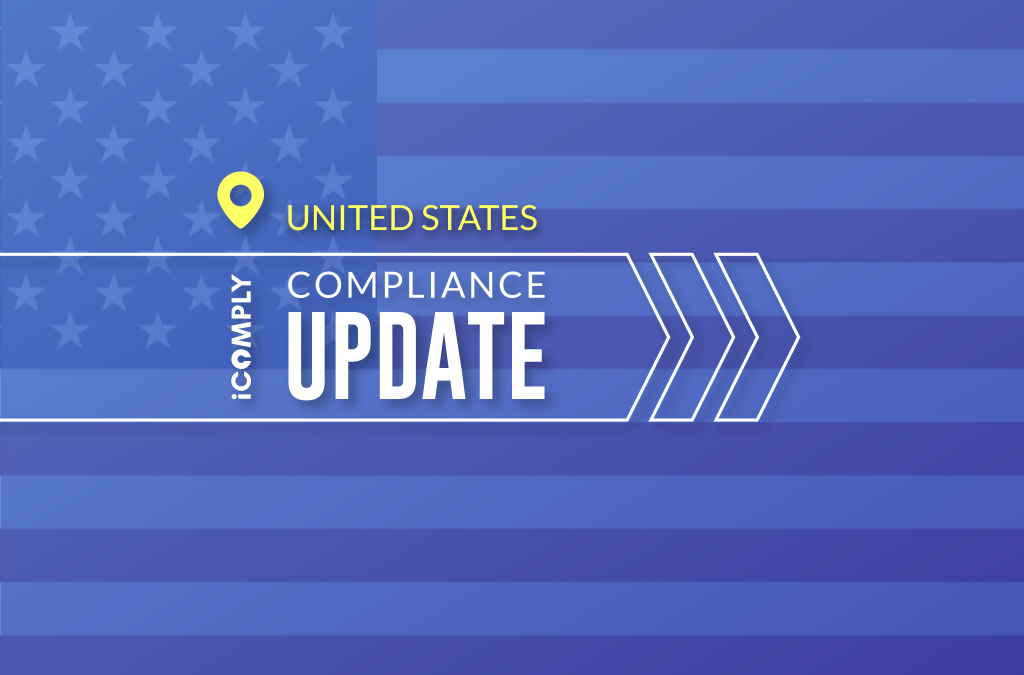SEC Ruling Issued Against BitClave ICO

Unregistered $25.5-million ICO issuer ordered to return money to investors
What Happened?
May 28, 2020: The Securities and Exchange Commission (SEC) found BitClave PTE Ltd. of San Jose, California conducted an unregistered Initial Coin Offering (ICO) between June and November 2017.
Source: https://www.sec.gov/news/press-release/2020-124
Who Is Impacted?
The 9,500+ investors who invested USD $25.5 million into BitClave’s Consumer Activity Token (CAT).
Why This Matters?
Because it was never registered as a security, the public sale of the CAT token violated the registration provisions of federal securities laws in the United States.
In the US, securities issuers must follow registration requirements, or use a registration exemption such as Reg D or Reg CF. Token issuers that use US exemptions must follow specific restrictions and thresholds – for both the primary sale and the secondary market of any security they issue. BitClave has been ordered by the SEC to return all the funds they acquired through this token sale.
What’s Next?
Without admitting or denying the SEC’s findings, BitClave has agreed to pay a total disgorgement of USD $25,500,000, a prejudgment interest of USD $3,444,197, and a penalty of USD $400,000. The SEC’s order also establishes a Fair Fund to return monies paid by BitClave to the 9,500+ injured investors.
Finally, BitClave has also agreed to transfer all of the remaining CAT in its possession to the fund administrator for permanent disabling, publish a notice of the SEC’s order through their site, and request the removal of CAT from all virtual asset trading platforms currently listed for sale or trade.
learn more
Is your AML compliance too expensive, time-consuming, or ineffective?
iComply enables financial services providers to reduce costs, risk, and complexity and improve staff capacity, effectiveness, and customer experience.
Request a demo today.
Advanced KYC Technologies: Enhancing Security with AI and Blockchain
As the digital landscape continues to evolve, financial institutions and other organizations face increasing challenges in verifying identities and preventing fraud. Advanced KYC (Know Your Customer) technologies, such as...
KYC for Education: The Role of KYC in Educational Institutions for Verifying Student Identities
In an increasingly digital world, educational institutions face the challenge of ensuring the authenticity of student identities and safeguarding sensitive information. Know Your Customer (KYC) processes, traditionally used in...
KYC for the Travel Industry: Enhancing Security and Customer Experience in Travel with KYC
The travel industry, encompassing airlines, hotels, travel agencies, and online booking platforms, faces unique challenges in ensuring the security and authenticity of travelers. Know Your Customer (KYC) processes are essential...




